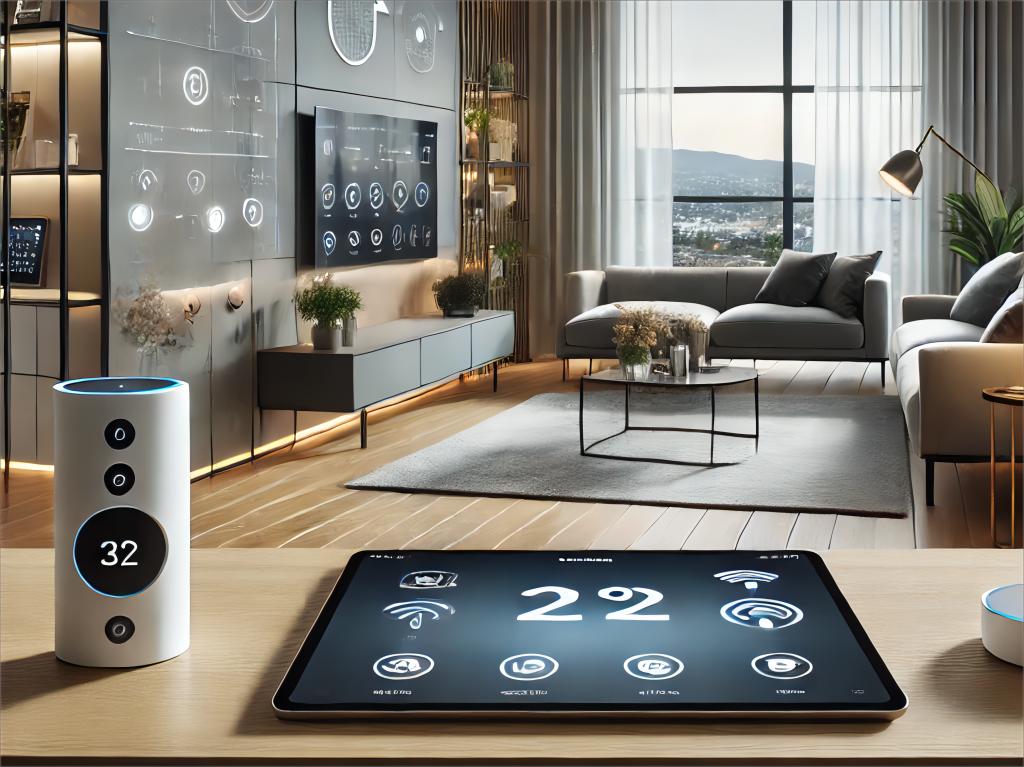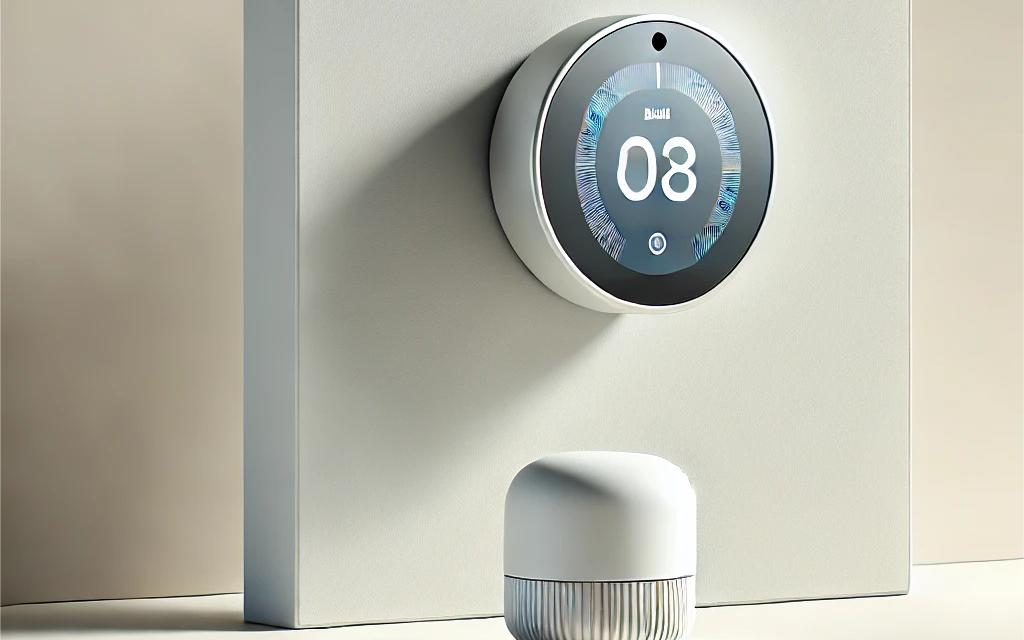In today’s rapidly evolving world, smart home technology has become a popular trend, transforming how we live by making daily tasks easier, more convenient, and safer. The integration of Artificial Intelligence (AI) into smart homes allows different devices and systems to communicate, creating a network that can be monitored and controlled remotely. Imagine a thermostat that adjusts the temperature as you head home or security cameras that offer live footage on your phone. AI plays a crucial role in making smart home systems more intelligent and functional, revolutionizing modern living.
AI-Driven Automation for a Seamless Experience
AI-powered smart home devices learn from their users and adjust to individual preferences, providing an increasingly personalized experience. Just like how AI-powered writing tools adapt to a writer’s style, smart home devices can predict and automate everyday tasks without human intervention. The ultimate aim is to create a comfortable, energy-efficient environment that caters to the user’s needs while minimizing energy consumption.
1. Intelligent Climate Control
One of the key benefits of AI in smart homes is its impact on climate control. AI-driven thermostats, like the Nest Learning Thermostat, use sophisticated algorithms to analyze user habits and adjust temperature settings accordingly. These devices learn daily routines and occupancy patterns, optimizing indoor climate for maximum comfort while reducing energy use. Over time, this can lead to significant savings on utility bills.
2. Adaptive Lighting Systems
AI-enhanced lighting systems provide another layer of customization in smart homes. These systems allow users to tailor lighting settings based on personal preferences, activities, or the time of day. Smart bulbs can automatically adjust brightness, change color temperature, or create mood lighting by factoring in natural light and user preferences. This not only enhances comfort but also contributes to energy efficiency.
3. Advanced Security Solutions
AI has significantly elevated home security systems. Smart security cameras and surveillance systems can now recognize familiar faces, distinguish potential intruders, and send real-time alerts to homeowners. By coordinating with other smart devices, these systems can even take proactive measures to deter security threats. This heightened level of automation ensures that homeowners are always informed about the status of their property, offering peace of mind and enhanced safety.

Looking Ahead: The Future of AI in Smart Homes
As AI continues to advance, the possibilities for smart home technology seem almost limitless. Future systems may incorporate predictive algorithms that can anticipate user needs with even greater accuracy. For instance, AI could identify potential maintenance issues in the home and resolve them before they escalate into major problems. However, with these advancements comes the challenge of data privacy. AI in smart homes relies on the collection and analysis of vast amounts of personal data, which raises concerns about how that data is used and shared. Users must be aware of what information their devices are collecting and ensure that companies are transparent about their data practices.
Maintaining user trust will be a critical factor in the future success of AI-driven smart home systems. These systems must not only provide enhanced convenience and security but also adhere to evolving privacy regulations to protect users’ personal information.
Conclusion
AI has dramatically transformed the way we interact with our homes, offering a new level of convenience and security. From intelligent climate control to adaptive lighting and advanced security systems, AI is making homes more comfortable, efficient, and safer. As AI technology continues to evolve, smart homes will become even more personalized and user-friendly, making everyday life more seamless than ever before.


